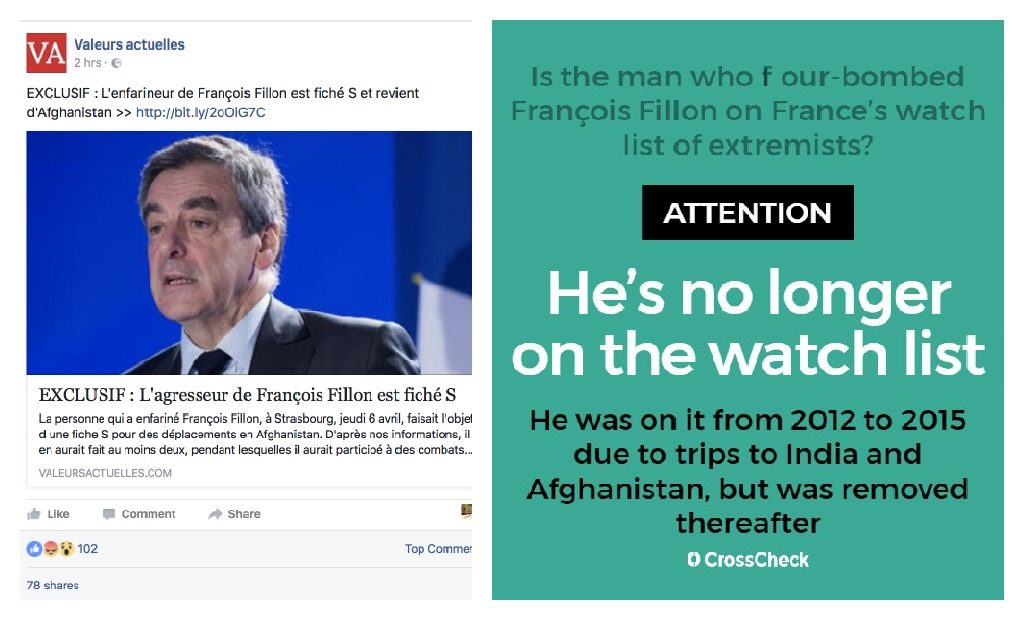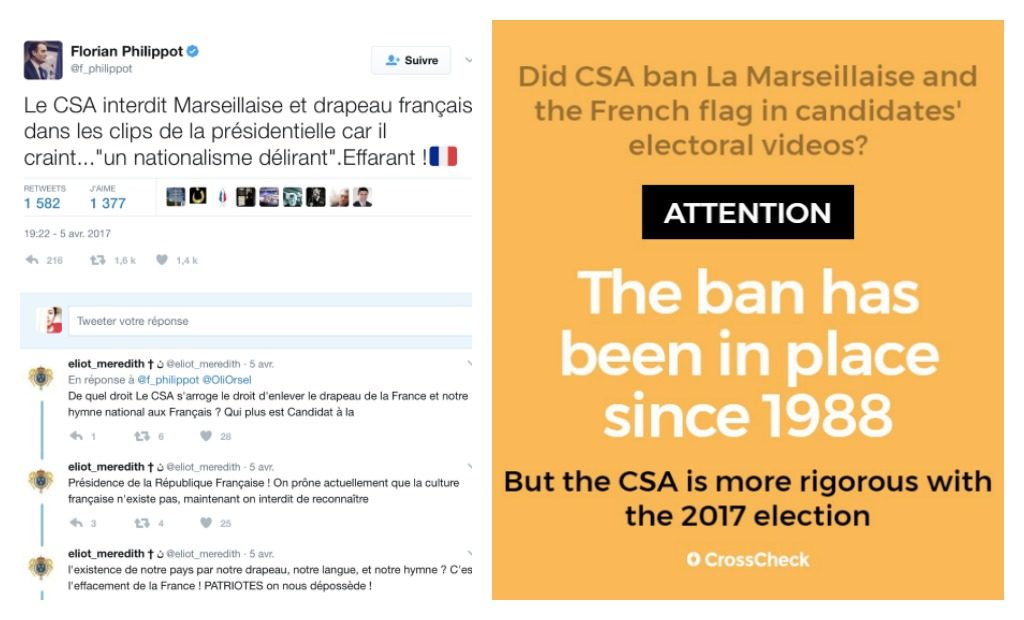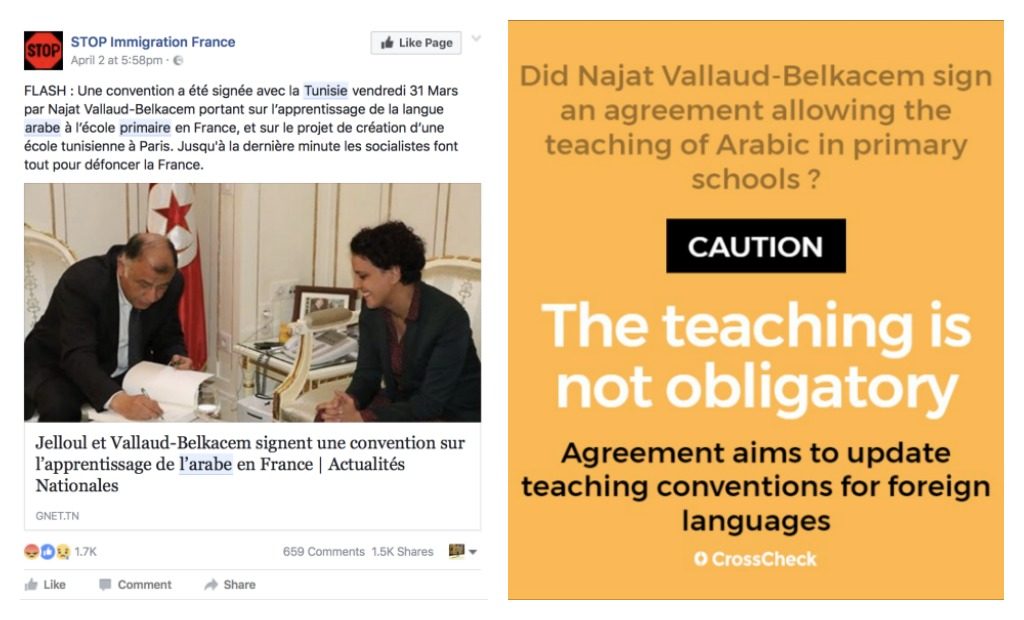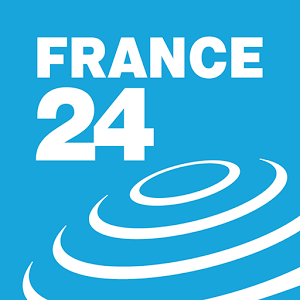Last week the French rapper Fianso blocked a motorway near Paris without formal authorisation in order to shoot a video. The website Boulevard Voltaire, co-founded by the mayor of Béziers Robert Ménard, voiced strong opinions on the matter and denounced the rapper’s impunity in an article published on April 10th. However, an investigation has indeed been launched into the obstruction of traffic.

(Translation: ‘A rapper shoots a clip on a motorway… no fine nor conviction!’)
The images have circulated widely online. On April 6th, the rapper Fianso, who comes from Seine-Saint-Denis, blocked the A3 highway towards Aulnay-sous-Bois in the north-east of Paris, in order to shoot a video. Released the following day on YouTube, the clip has had 4 million views in less than a week. The road block only lasted a couple of minutes but the Prefecture had not given Fianso its authorization. In the article, Boulevard Voltaire states that the rapper was not prosecuted and affirms that “if you are a rapper from a ‘diverse cultural background’, you can scorn the police and endanger the lives of drivers with complete impunity.”
But as French newspapers Le Parisien and Libération indicate, an investigation is indeed underway for «traffic disruption» and for the «use of fake license plates». The investigation is being handled by the Ile de France region’s motorway security company CRS, and Le Parisien noted that it was launched on April 8th, two days after the incident. This information has been confirmed to Crosscheck by a source at the prosecutor’s office of Bobigny.












 (Translation: The person who threw flour at François Fillon is under government surveillance and has just come back from Afghanistan.)
(Translation: The person who threw flour at François Fillon is under government surveillance and has just come back from Afghanistan.)



 Misreported
Misreported


